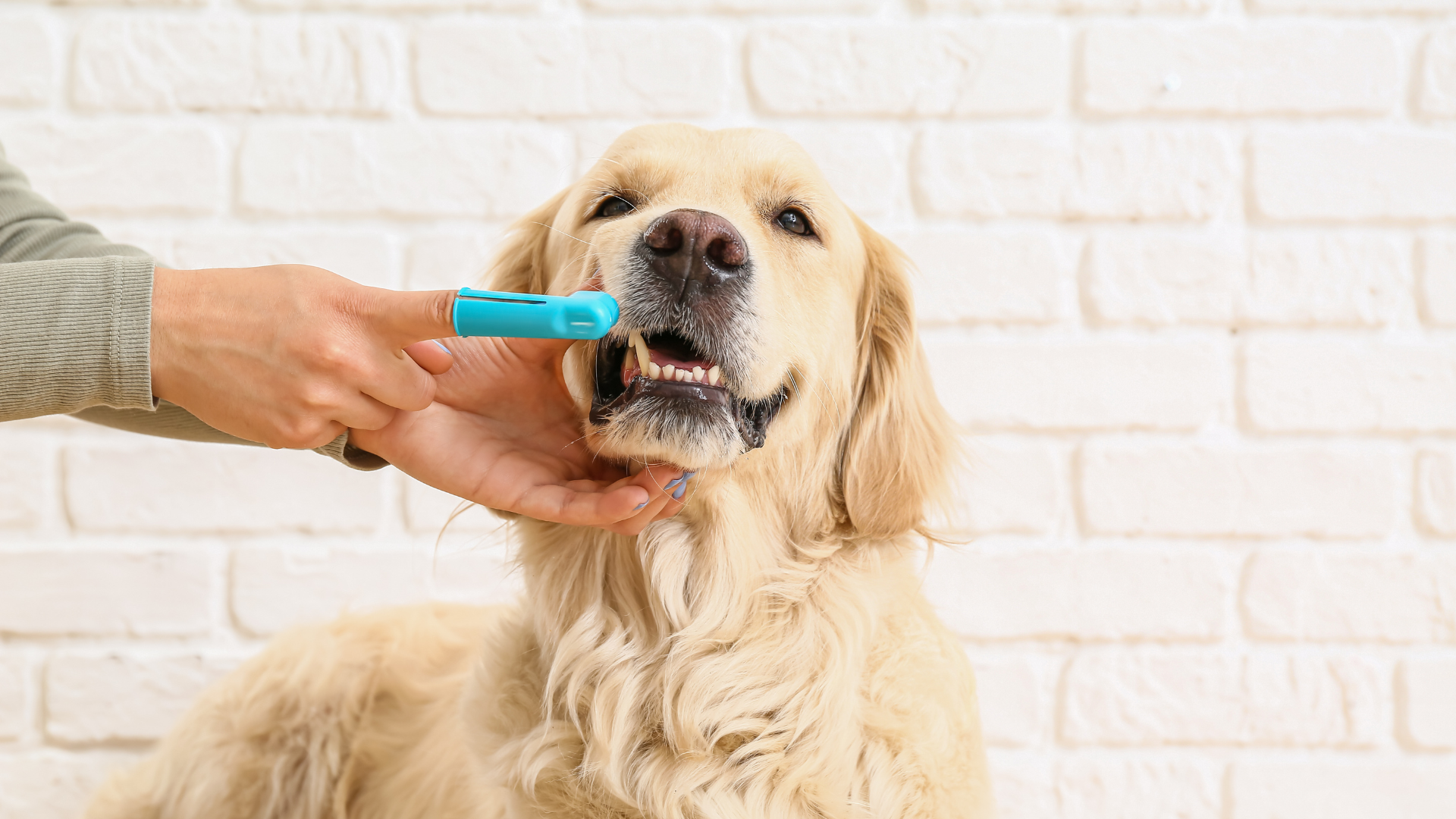Unleash the Smile: February is National Dental Health Month!
Welcome to February, pet lovers! Did you know that this month is dedicated to raising awareness about the dental health of our furry friends? Just like humans, pets can suffer from dental issues. One of the most common problems is periodontal disease. Here, we’ll explore what periodontal disease is, its impact on your pet’s health, and most importantly, how to prevent it.
Understanding Periodontal Disease:
Periodontal disease is a progressive inflammation of the supporting structures surrounding the teeth. It typically starts with the accumulation of plaque, a sticky film of bacteria that forms on the teeth. If left untreated, plaque can harden into tartar, leading to gum disease and, ultimately, periodontal disease. This condition not only affects your pet’s teeth but can also have serious implications for overall health.
Signs of Periodontal Disease in Pets:
Identifying periodontal disease in your pets may not always be straightforward, as animals often hide signs of pain or discomfort. However, there are some common indicators to watch out for:
- Bad Breath (Halitosis): Persistent bad breath is often the first sign of dental problems in pets.
- Bleeding or Inflamed Gums: Healthy gums should be pink, not red or swollen.
- Difficulty Eating or Chewing: If your pet is avoiding certain foods or shows discomfort while eating, it might be due to dental issues.
- Pawing at the Mouth: Pets may paw at their mouths when they experience pain or irritation.
Prevention is the Best Medicine:
The good news is that periodontal disease is largely preventable with proper dental care. Here are some tips to keep your pet’s pearly whites in top-notch condition:
- Regular Brushing: Just like humans, pets benefit from regular toothbrushing. Use a pet-friendly toothbrush and toothpaste to clean their teeth at least two to three times a week.
- Dental Chews and Toys: Invest in dental chews and toys designed to promote oral health. These can help reduce plaque and tartar buildup.
- Veterinary Check-ups: Schedule regular dental check-ups with your veterinarian. Professional cleanings may be necessary to remove tartar and address any underlying dental issues.
- Balanced Diet: A nutritious diet contributes to overall health, including dental well-being. Consult your veterinarian for advice on a diet that supports your pet’s dental health.
- Avoid Table Scraps: While it’s tempting to share your meals with your pets, many human foods can be harmful to their teeth. Stick to pet-friendly treats and avoid feeding them from your plate.
This National Dental Health Month, let’s make a commitment to prioritize our pets’ oral well-being. Periodontal disease can impact their overall health and happiness, but with proper care and attention, we can keep their smiles shining bright. If you have concerns about your pet’s dental health or need guidance on establishing a dental care routine, don’t hesitate to reach out to our veterinary team. Together, let’s ensure our furry friends enjoy a lifetime of healthy smiles!

